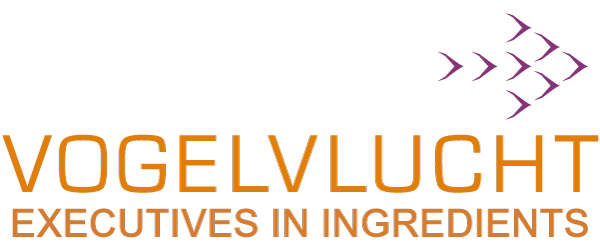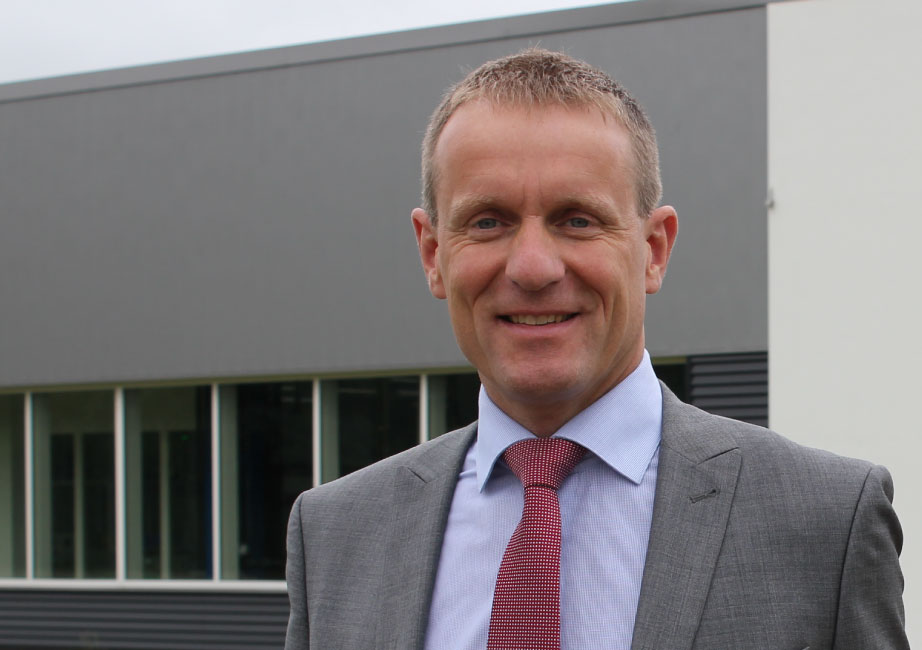How does a pharmacy transform into a pharmaceutical enterprise specialized in infusion and transfusion technology? And why does this expert decide to produce clinical nutrition? Jelmer Dijkstra, general manager at Fresenius Kabi, talks about the transformation of the product portfolio, the construction of the greenfield plant and the impact of the strategic choices for his employees. “It is essential that we guide our people well. After all, everyone is able to adapt to new techniques. I am convinced about that.”
“Turning a pharmaceutical factory into a food factory”
What is the most important development in the food industry to you?
“I can only answer that question within the context of our company: the factory I’m responsible for is changing its product portfolio. We are transiting from medical disposables to clinical nutrition. That is why we are constructing a new greenfield plant. We are investing in a new area of expertise, even though we remark many resemblances. From a medical disposables point of view, we are used to cope with strict legislation. Now that we focus on clinical nutrition, the norms are different, but we keep ensuring our products fulfill the highest demands.
What surprises me in the food industry is that what’s mostly looked at is food security as well as external dangers. In the pharmaceutical industry, we look mostly at internal security. At all times, you want to prevent too many active chemicals from being combined into one same product, for instance. My expectation is that both fields will share insights with each other. This way, you can prevent blind spots in the production process.”
What incited Fresenius Kabi to shift its focus towards food?
Producing medical disposables is a labor-intensive process. I hate to say it, but cost-wise, western Europe doesn’t flow along with the rest of the world. Even if we’d automatize completely, we wouldn’t get far enough. However, health care needs to stay affordable. That’s why a part of our production process takes place in Central America: the costs there are more profitable.
Clinical nutrition on the other hand is much more process-oriented and less labor-intensive. Transport costs also play an important role. Production costs of food are equal worldwide, yet in terms of transport costs, Europe performs much better. The distances in Europe are much smaller.”
From pharma to food: how do you anticipate this change and what does that ask from you?
I’m working on multiple tasks at the moment. We are setting up an organization for clinical nutrition. We will keep producing medical disposables on the side. In the meantime, we are offering a large contribution to investment projects. I’m putting together and optimizing the connection between these three things (zaken).
It is essential that we hire qualified personnel with experience in food operations. Since we plan to build new houses, we need project managers with a lot of experience. These project managers aren’t bound to our organization: they move on to a new project once they’ve finished the tasks we gave them. The transition demands the most from our own people. Our employees know our company’s culture, but will need to acquire new knowledge. That is easier for some than for others. As I said, it is essential that we guide our people effectively. Eventually, everyone, regardless of age or educational background, can learn to use new techniques. I am convinced about that. After all, entire generations have learnt how to use a smartphone.
Isn’t that naïve?
Not at all. Let me give you an example. A few years ago, we sourced injection molding, which is traditionally a male job. We asked female employees whether they wanted to help us construct the injection molding department and whether they were willing to complete a course for it. It turned out successful! That is partly something we have to thank the Drenthe mentality for. Here, we say “Kop d’r veur!” (Head first!). It wasn’t easy and multiple people quit. But through learning by doing, you manage.
At the time we asked ourselves whether we wouldn’t be better off hiring new employees. We still believe it’s hard to find qualified employees, that fit perfectly in our organization. Basic knowledge is importable and work experience is also very valuable, but in the end, people need to gain company-specific experience. That is only possible by working with us. That is how we will train our employees for the new greenfield plant.”
How do you envision the future?
The task is to get the new factory working efficiently. After that, we want to continue growing while keeping the quality at the same high level. It’s a personal ambition to grow an organization which keeps growing with time. The world is changing, so our organization needs to adapt. I don’t want to close any doors!


